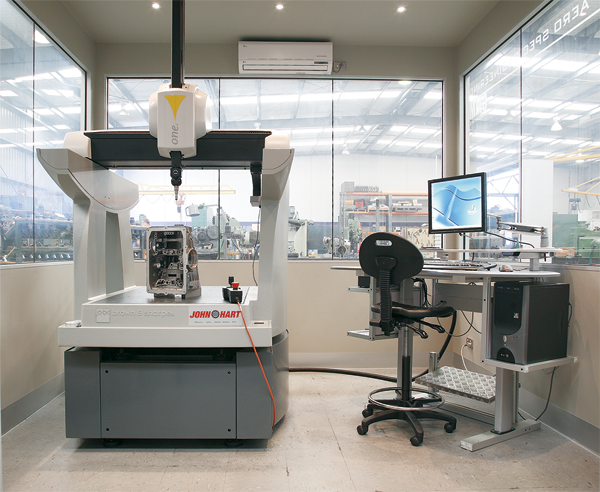
Learn the role of CNC machining technology in creating customised prosthetics and implants. Revolutionise healthcare by enhancing patient comfort and outcomes.
CNC machining is revolutionising the field of customised prosthetics and implants by enabling the production of highly precise and tailored medical devices. This advanced technology allows for the creation of components that fit perfectly to the patient’s unique anatomy, enhancing comfort and functionality. As healthcare increasingly focuses on personalised solutions, CNC machining is at the forefront of delivering superior outcomes.
CNC Machining: Precision in Customisation
CNC (Computer Numerical Control) machining has become synonymous with precision, enabling the production of highly accurate and tailored medical components. Unlike traditional manufacturing methods, CNC machining allows for the creation of complex geometries and intricate designs, which are essential for custom prosthetics and implants.
The process begins with a digital model, often derived from medical imaging data such as CT scans or MRIs. This model is then translated into a CNC program, guiding the machine to mill, turn, or drill the material into the desired shape. The result is a component that precisely matches the patient’s anatomy, ensuring a better fit, improved functionality, and enhanced comfort. This level of precision is vital for implants, where a perfect fit can mean the difference between success and complications.
Advantages of CNC Machining in Prosthetics and Implants
The benefits of CNC machining in the production of customised prosthetics and implants are numerous:
• Precision: CNC machining can achieve tolerances as tight as a few micrometres, ensuring that each component fits perfectly with minimal adjustments.
• Customisation: Prosthetics and implants can be tailored to match the specific anatomy of the patient, enhancing comfort and performance.
• Material Versatility: CNC machining can work with a wide range of biocompatible materials, including titanium, stainless steel, and medical-grade polymers.
• Speed: With the ability to produce complex parts quickly, CNC machining reduces the lead time for custom prosthetics and implants, allowing patients to receive their devices sooner.
CNC Machining Process for Customised Implants
The process of creating customised implants using CNC machining involves several key steps:
• Design: The first step involves creating a 3D model of the implant based on the patient’s medical imaging data.
• Material Selection: The appropriate material is chosen based on the implant’s requirements, considering factors such as biocompatibility, strength, and durability.
• Machining: The CNC machine is programmed to cut, drill, or mill the material into the exact shape needed for the implant.
• Finishing: Post-machining processes, such as polishing or coating, are applied to ensure the implant is ready for implantation.
• Quality Control: Each implant undergoes rigorous testing to ensure it meets medical standards and the patient’s specific needs.
CNC Machining in Prosthetic Development
In prosthetics, the need for customisation is paramount. CNC machining allows for the creation of prosthetic limbs that are not only tailored to the individual’s anatomy but also optimised for their lifestyle and activity level. By precisely machining each component, from the socket to the joints, CNC technology ensures that the prosthetic provides the necessary support and functionality.
Aero Spec Engineering is proud to be at the forefront of Precision Engineering and CNC Machining, delivering meticulously crafted components that meet the unique needs of the medical industry. Our expertise, combined with our commitment to quality and patient care, makes us a trusted partner in the development and production of customised prosthetics and implants. Contact us for more information.
Optimized by: Netwizard SEO
